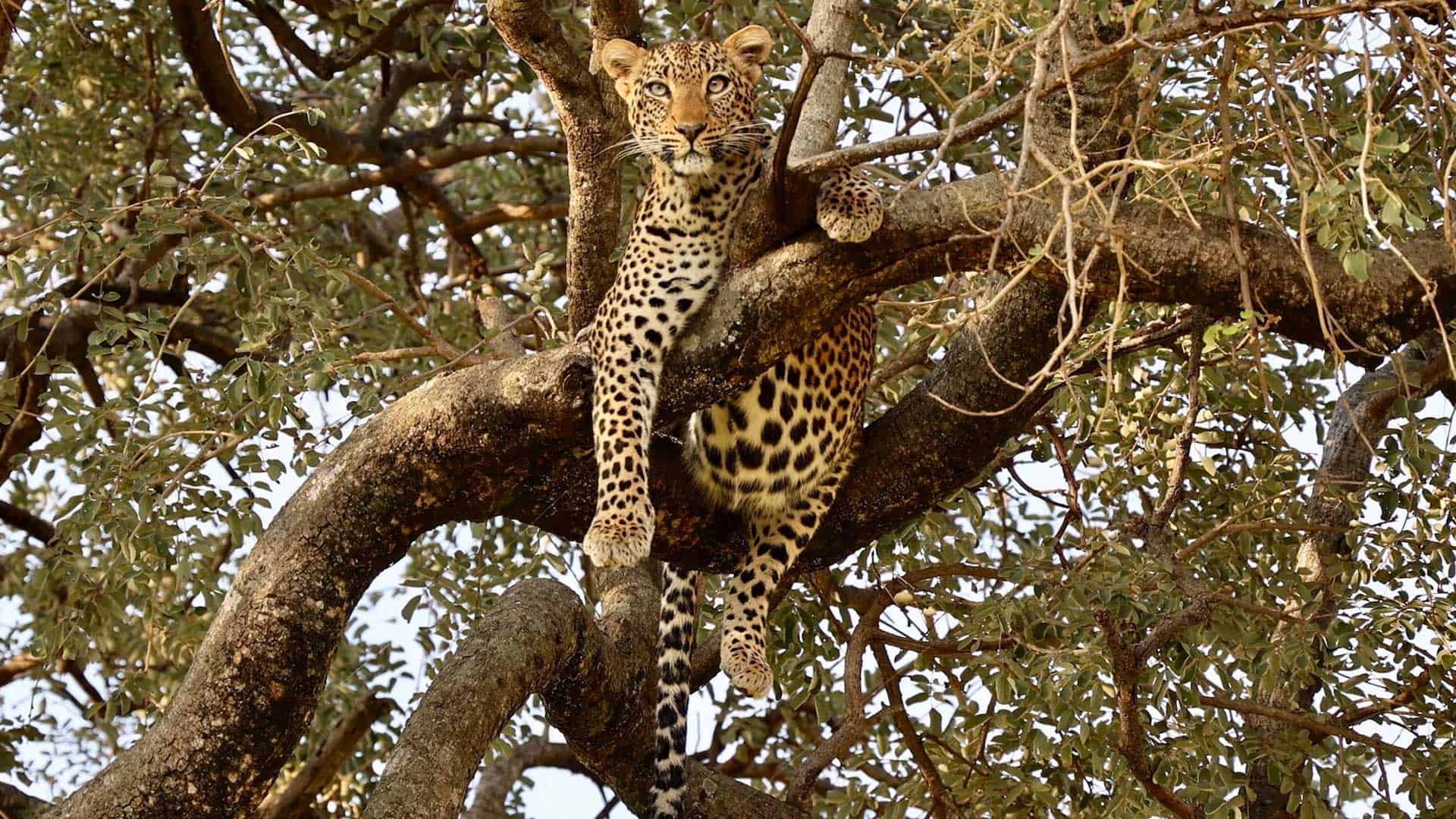East Africa’s coastal regions boast vibrant marine ecosystems, rich with diverse species and natural beauty. However, the growing impact of climate change, overfishing, and pollution has threatened these fragile environments. Fortunately, marine conservation in East Africa is gaining momentum, thanks to collaborative efforts between local communities, governments, and eco-conscious travelers. This eco-travel guide highlights how visitors can immerse themselves in these initiatives while contributing to the preservation of the ocean’s treasures.
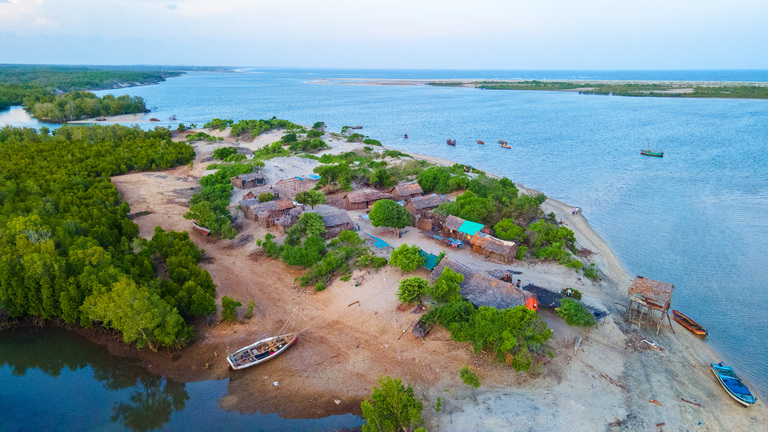
Local Flights to Coastal Conservation Areas
Travelers looking to explore and support marine conservation efforts will find convenient flights to major coastal hubs. Local airlines such as Fly540, Jambojet, and Safarilink offer regular flights to key coastal destinations including:
Diani Beach (Kenya): A gateway to various marine sanctuaries and eco-lodges dedicated to conservation.
Mombasa (Kenya): Known for its proximity to marine parks like the Kisite-Mpunguti Marine National Park, it’s a key hub for conservationists.
Zanzibar (Tanzania): A pristine island famous for its coral reefs and rich marine biodiversity.
Eco-Friendly Coastal Lodges and Marine Parks
Sustainable tourism is at the heart of marine conservation in East Africa. Numerous eco-lodges along the coast actively engage in conservation efforts, offering travelers the opportunity to enjoy luxury while reducing their environmental footprint.
Kisiwa On The Beach (Pemba Island, Tanzania): This eco-friendly hotel blends luxury with sustainability, with a focus on protecting the surrounding coral reefs and mangrove forests. Guests are encouraged to participate in ongoing conservation initiatives.

Chumbe Island Coral Park (Zanzibar): This award-winning eco-lodge is located within a marine protected area. The park is dedicated to conserving coral reefs, and the lodge itself operates on a zero-impact model, using solar power and rainwater harvesting.
Turtle Bay Beach Club (Watamu, Kenya): Nestled close to Watamu Marine National Park, this eco-lodge is deeply involved in turtle conservation. Guests can learn about sea turtle protection efforts and witness turtle hatchlings making their way to the ocean.
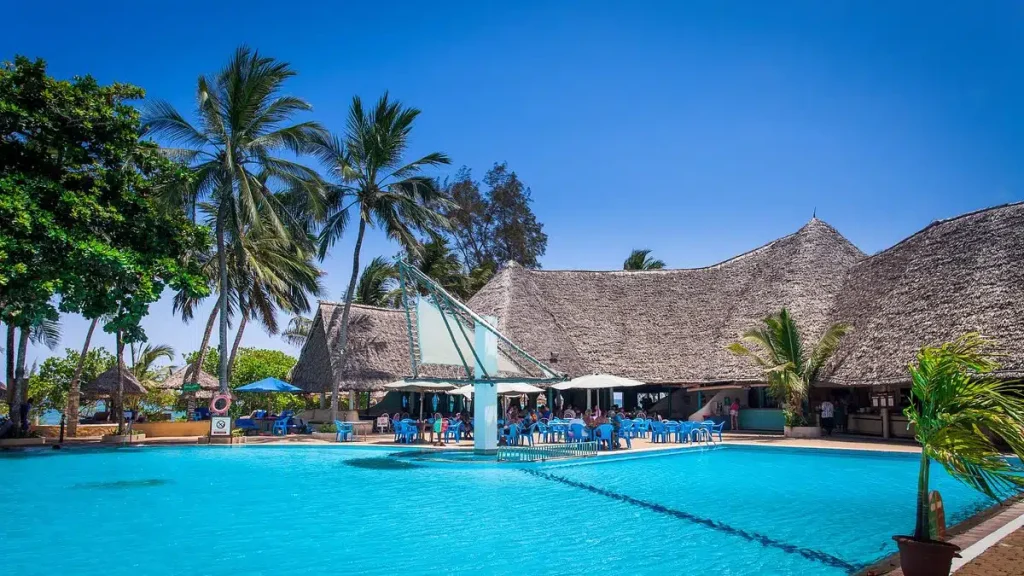
Volunteering and Marine Wildlife Tours
Eco-travelers seeking hands-on experiences in marine conservation in East Africa can engage in several impactful activities:
Beach Clean-Up Drives: Many lodges and marine parks host regular beach clean-up events, inviting travelers to participate. These initiatives help remove plastic and other waste that endanger marine life.
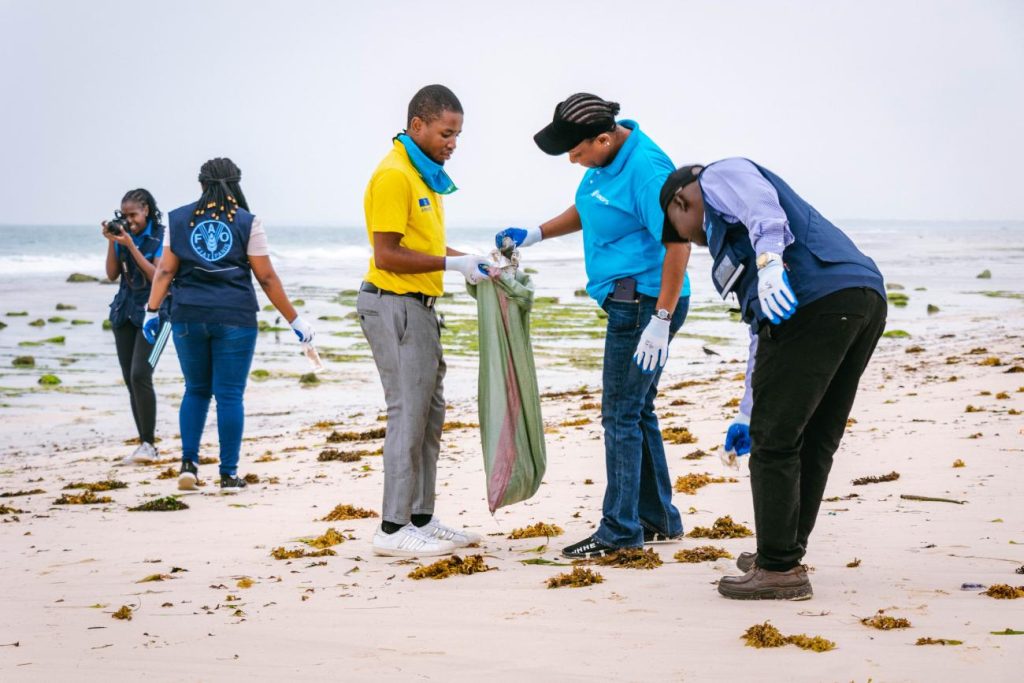
Coral Reef Restoration Programs: Many coastal regions, particularly in Kenya and Tanzania, offer coral reef restoration programs where volunteers help plant new coral in degraded reef areas. These initiatives are essential to preserving marine biodiversity.
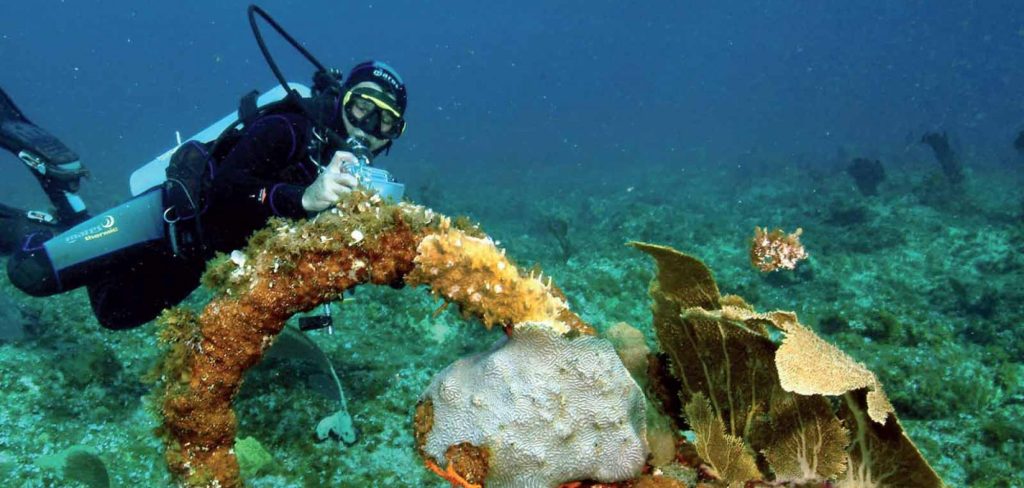
Marine Wildlife Tours: Travelers can join tours to see endangered marine species such as dolphins, sea turtles, and humpback whales. Local conservation organizations often lead these tours, ensuring minimal disturbance to the animals while educating visitors on their importance to the ecosystem.
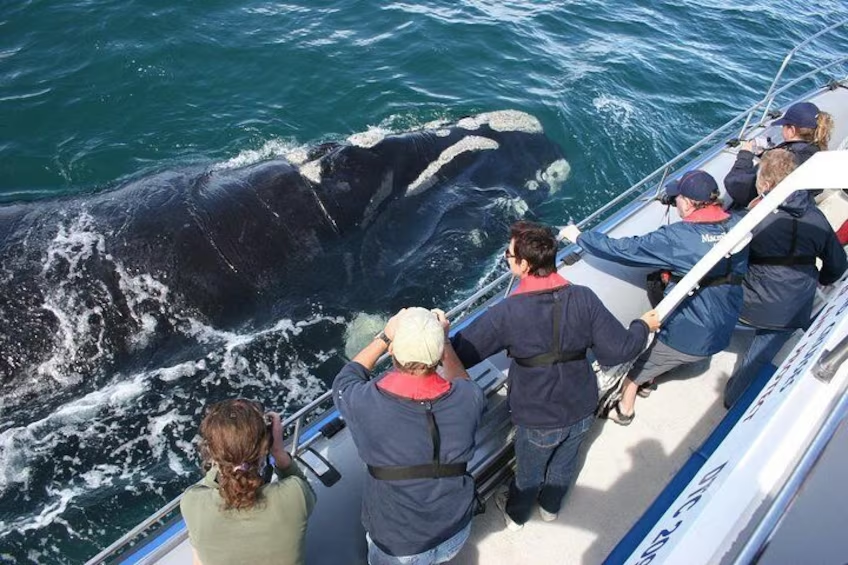
Get Involved in Conservation Efforts
Eco-travel is not just about seeing the beauty of East Africa’s oceans, but also about making a positive impact. Here are ways travelers can contribute:
- Donate to Marine Conservation Projects: Many lodges and marine parks have established foundations where donations directly support conservation efforts such as coral restoration, wildlife protection, and environmental education.
- Choose Sustainable Travel Options: Opt for eco-friendly accommodations, reduce single-use plastic during your stay, and select ethical wildlife tours led by conservation experts.
- Join a Volunteer Program: Many organizations offer short- and long-term volunteer opportunities for travelers passionate about ocean protection. Programs range from data collection on marine species to hands-on coral planting and turtle conservation.
By supporting marine conservation in East Africa, travelers can enjoy the beauty of the region’s coastlines while ensuring that future generations will also have the chance to experience its incredible marine biodiversity.
This eco-travel guide emphasizes the connection between tourism and marine conservation, encouraging visitors to play an active role in protecting East Africa’s oceans while enjoying the region’s natural wonders.

